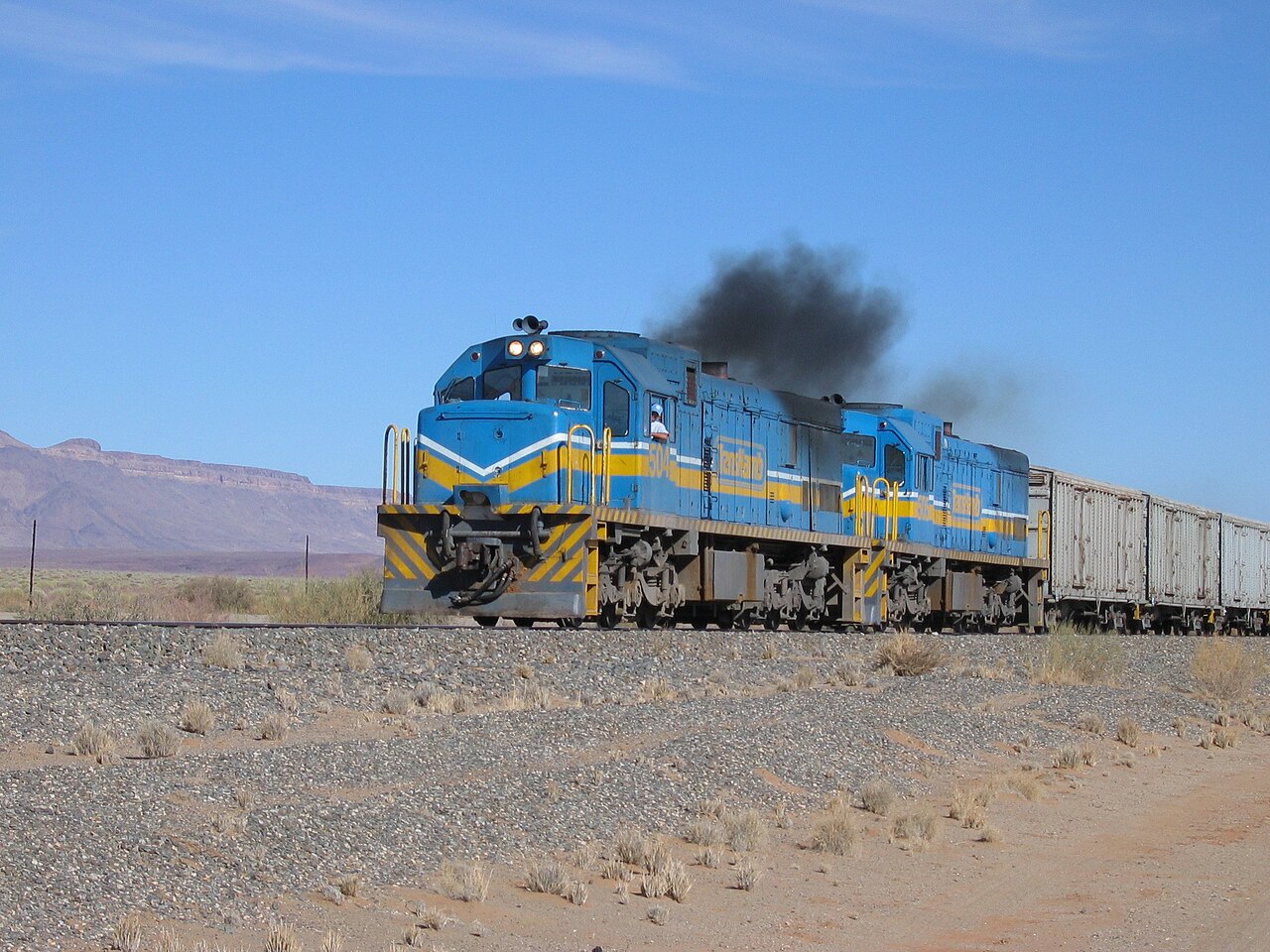Money not solution to TransNamib's woes – Shiimi
SOE needs competent CEO, Treasury says
Good corporate governance practices may be able to salvage TransNamib, finance minister Ipumbu Shiimi says.
Finance minister Ipumbu Shiimi says money will not address the problems facing rail operator TransNamib, adding that they will only be solved when good governance practices are put in place. Shiimi made the comments during a post-budget discussion on national broadcaster NBC, and said the appointment of a competent board and CEO were key to the company's turnaround. “You don’t only need money; money is not the alpha and omega. You need to make sure you have proper governance. TransNamib needs to make sure it has a proper CEO and the board is in the process of appointing a CEO,” he said.
He noted that while there was a need for TransNamib to invest in rolling stock, it also needed to address its operational needs.
The rail operator is currently without a CEO following the resignation of managing director Johny Smith, who opted not to renew his contract in March 2023.
Competence needed
The minister noted that a competent CEO who had the support of the TransNamib board would be able to successfully execute the business strategy to steer the company to success.
“You cannot just think about money, you need to ensure that this entity is going to function as a sustainable entity and it needs a proper board, proper CEO, proper management and they should be able to execute their strategy,” he said.
“We are hoping that if all those are in place, we can minimise bail-outs. In future, I do not want to see bail-outs,” Shiimi said.
Chequered history
The Institute of Public Policy and Research (IPPR), in its quarterly economic review for the October-December 2023 period, noted that TransNamib was saddled with historic issues.
“The company has possibly the most chequered history of all public enterprises in Namibia and, clearly, political interference and poor governance have been huge issues for almost three decades. TransNamib’s rolling stock is ancient and its workshops and other assets in a state of disrepair,” it said.
A possible reform was to allow government to maintain its ownership of TransNamib, while allowing private enterprises to operate on the rail network - as evidenced by a shipment of manganese by South African company United Manganese of Kalahari through the port of Lüderitz.
“Namibia is already experimenting with allowing private operators to use the public rail network to transport manganese on the southern network, and this can be extended gradually across the whole network as more experience is gained,” the IPPR said.



